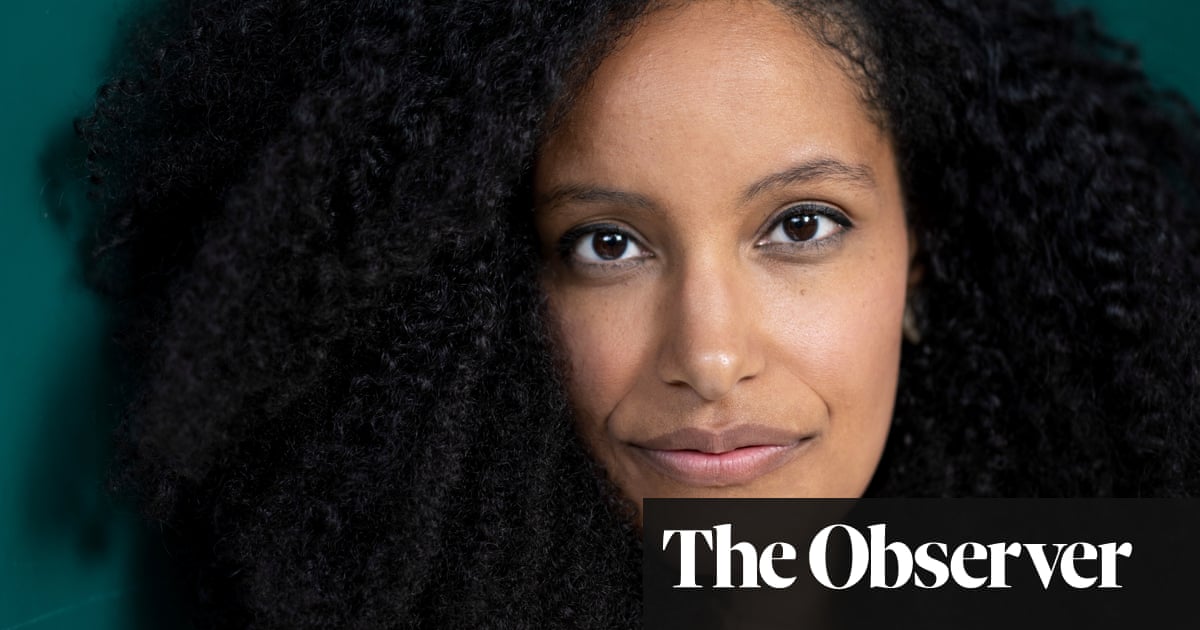The birth of Allanah Crameri and Braydon Newell’s son Lenny in September 2022 should have been filled with joy. But at just under 22 weeks, pregnancy complications led to a preterm labour and Lenny was born too early to survive.
“I felt everything from sadness, despair, anger and shock,” Crameri says.
“I came across a quote not long after our loss that explained grief like the waves in the ocean. Some days are horrible and you feel you’re drowning because the waves are so big, but then there are days where you are able to put one foot in front of the other and feel like you’re able to cope and carry the grief a bit better.”
Following Lenny’s death, the family was able to hold him, and were provided with a “cuddle cot” to preserve their baby’s body, information about support services, a photography session and special keepsake book with his hand and footprints. “The midwives were amazing,” Crameri says.
‘They don’t have to feel alone’
The Crameris’ loss led to Allanah and five other mothers from Ballarat launching the organisation Babies Above in July 2024. The charity provides support and connection for families who have experienced miscarriage, stillbirth or neonatal death. They also recently received a grant to deliver special boxes to Ballarat hospitals for families who have lost a baby filled with memory-making items, self-care items and grief support resources as well as baby items to be used in hospital.

While Crameri feels she was cared for “extremely well” in hospital after Lenny’s death, she says support services in Ballarat are still lacking. “We saw the importance and need to provide support to families in Ballarat so they also didn’t have to feel alone or isolated in navigating their grief. Support for fathers is also a big priority,” she says.
For Crameri and her family the grief will never go away, but time does heal.
“We have managed to find some hope over time once again,” she says.
The Centre of Perinatal Excellence (Cope) is an organisation devoted to reducing the impacts of emotional and mental health problems in the pre- and postnatal periods. Its executive director, Dr Nicole Highet, says peer support groups such as Babies Above, Red Nose Grief and Loss and Bears of Hope are invaluable for parents who have dealt with loss. That sense of community and connection is particularly important in rural areas. “Grief and loss is a process people need to go through, and being able to talk to others and understand what helped them get through it can be so helpful,” Highet says.
Ballarat’s Nabiheh Nosherwan and Faizan Bomassy also lost their baby, Rosie, at 22 weeks in October 2024. “It was really painful,” Nosherwan says. “But we have a belief that everyone has to leave this world, and if she wasn’t prepared for this world, I didn’t want her to suffer.”
Nosherwan, who is originally from Pakistan, says she found relief through her friends and community. “It’s not easy when you don’t have your immediate family around but thank God for [our community]. I couldn’t imagine how my two daughters would have been looked after otherwise,” she says.
Nosherwan says she was grateful for the support offered by the midwives at Grampians Health. “They would always come and comfort me. They were very humble and kind.” As well as directing them to appropriate support services, the couple was connected with a local funeral director who took care of the funeral arrangements. Nosherwan says they only paid for the cemetery plot and plaque.
“It was a big help,” she says.
Disparities in care
In 2021, 3,016 Australian babies died in the perinatal period. Of those 2,278 were stillbirths and the remaining 738 were neonatal deaths. A neonatal death is when a baby dies within the first 28 days after birth, while stillbirths occur when a baby dies between 20 weeks of pregnancy and birth.
after newsletter promotion
According to the Australian Institute of Health and Welfare, perinatal mortality rates were higher among babies born to women who accessed two or fewer antenatal visits, those with pre-existing conditions, women who lived in remote areas, First Nations women, and women living in the most disadvantaged areas of Australia.

Highet says while some families feel they are provided with adequate support after a stillborn or neonatal death, the level of support available at regional and rural health services is varied. Highet says better education and training for rural health providers could help.
“This is something we would ideally love all midwives, obstetricians and health professionals to have access to,” she says. “[Perinatal loss] is a very specialised area in terms of understanding the psychology and how these families have been impacted by grief and loss. A person cannot recover spontaneously from that. It’s a process.”
The Australian Care Around Stillbirth and Neonatal Death (CASaND) Clinical Practice Guidelines, updated in 2024, provide recommendations for healthcare professionals around breaking bad news to parents, decision making, labour and birth, memory making and spending time with the baby, as well as ongoing support and palliative care.
According to the updated guidelines, the quality of care that parents and families receive around the time their baby dies is a major contributor to their immediate and long-term wellbeing, including into subsequent pregnancies.
Practitioners are also guided by the Australian Commission on Safety and Quality in Health Care’s 2022 Stillbirth Clinical Care Standard. But Stillbirth Foundation Australia chair and University of Sydney associate professor, Sean Seeho, says there remains stark discrepancies when it comes to consistency of care across the country.
“It is disappointing that a bereaved family’s experience following stillbirth can be so different depending on who is caring for them and where they happen to receive care,” he says.

“Not dissimilar to other areas of medicine, healthcare professionals in rural and regional areas also have more limited opportunities for training and education and access to support and resources to provide the best possible care around stillbirth.”
Seeho says it is imperative for hospitals and healthcare professionals to embrace the CASaND and SCCS guidelines. “In this way, all parents, no matter their location, receive the best possible care after stillbirth,” he says.

.png) 3 months ago
32
3 months ago
32













































